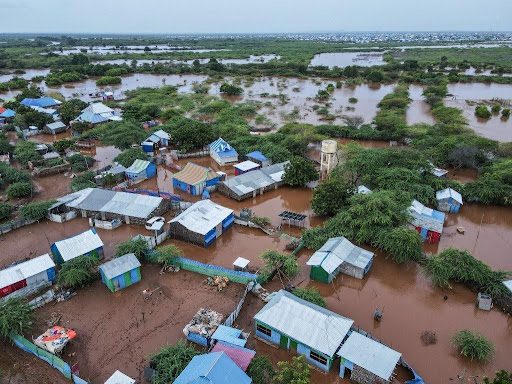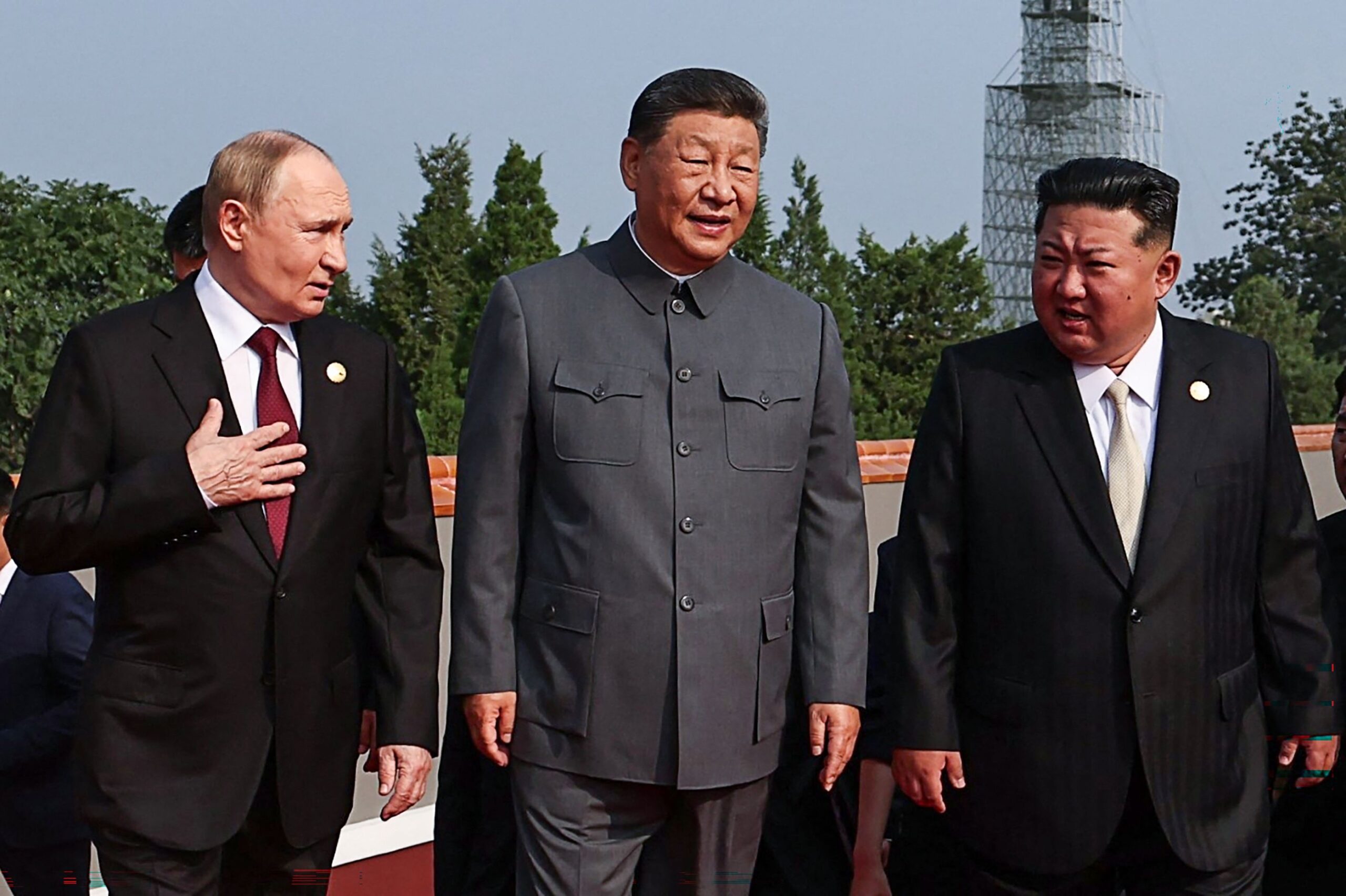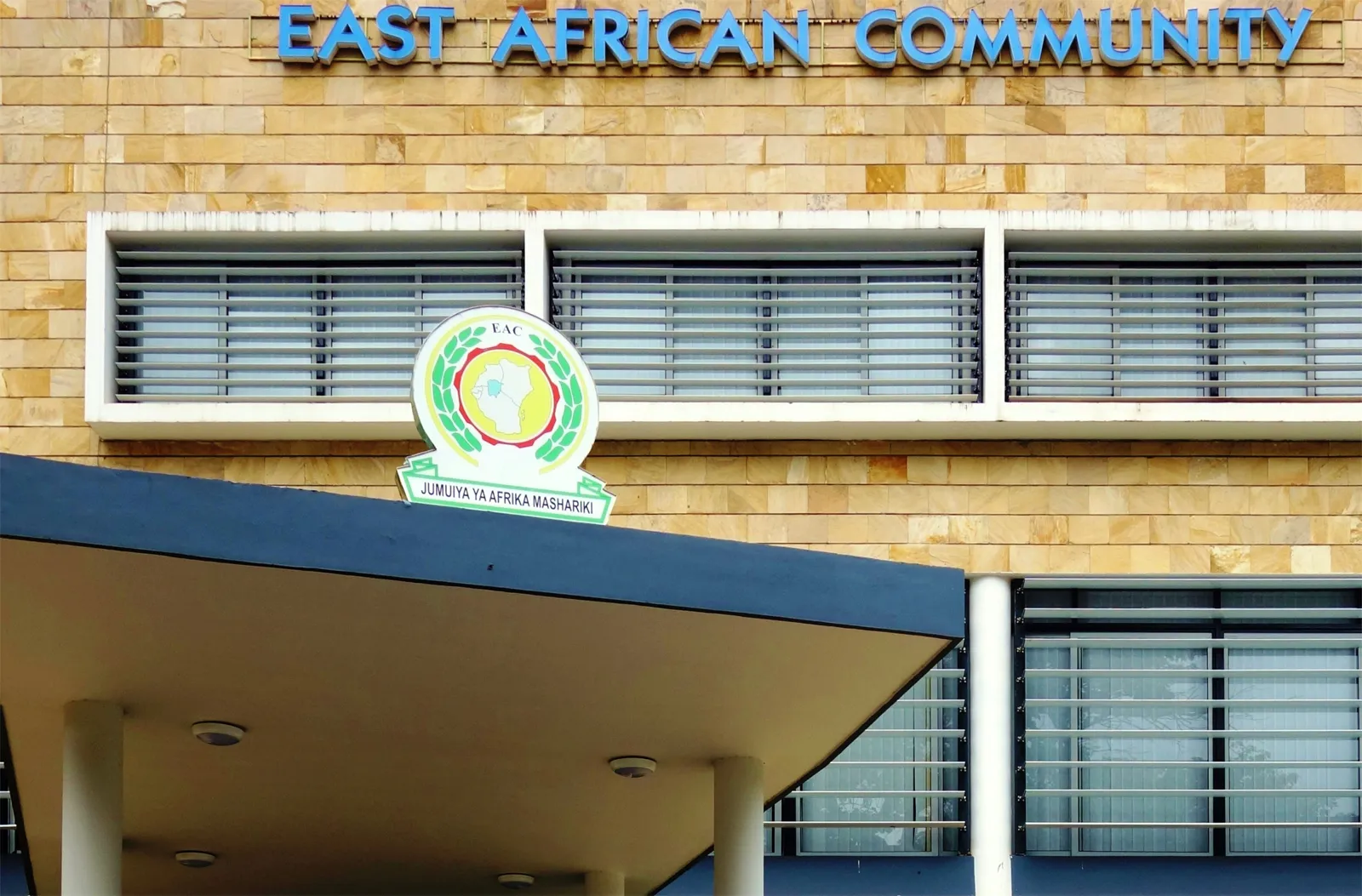

Sudan enters 2025 deeply embroiled in a conflict that has devastated the nation and inflicted immeasurable suffering on its people. The war between the Sudanese Armed Forces (SAF) and the Rapid Support Forces (RSF), which erupted in April 2023, continues to wreak havoc, plunging the country into one of the most severe humanitarian crises of the century.
Nearly 30,000 lives have been lost, and over 14 million people—a third of Sudan’s population—have been displaced. Entire communities have been uprooted, with millions forced to seek refuge in neighboring countries or overcrowded camps within Sudan. The United Nations has called this displacement crisis the largest in the world, leaving millions without access to adequate shelter, food, or basic services. Humanitarian agencies warn that the scale of suffering is intensifying, with over 24 million people facing acute hunger. Famine conditions have been confirmed in regions such as North Darfur’s Zamzam camp and the Western Nuba Mountains. Without urgent intervention, these dire conditions are likely to spread, putting millions more at risk. Women and children, who make up a significant portion of the displaced, are particularly vulnerable, enduring chronic food shortages and heightened risks of violence and exploitation.
Sudan’s already fragile healthcare system has collapsed under the strain of the conflict. Hospitals and clinics have been destroyed or rendered inoperable, while medical staff are overwhelmed and resources scarce. Disease outbreaks have compounded the crisis. Cholera and dengue fever surged during the 2024 rainy season, with over 44,000 cholera cases and thousands of dengue infections reported. The inability of the remaining health facilities to cope has turned treatable conditions into life-threatening emergencies. Aid organizations face immense challenges, including restricted access to conflict zones and ongoing violence, severely hampering their ability to provide life-saving support.
The city of El Fasher, the capital of North Darfur, stands as a stark symbol of the war’s devastation. For months, it has endured relentless bombardment as the RSF seeks to consolidate control over Darfur, a region where it holds significant influence. Civilians trapped in El Fasher face constant attacks, with hundreds killed and critical infrastructure destroyed. Homes, markets, and medical facilities have been reduced to rubble. Despite the devastating human toll, neither the SAF nor the RSF shows any willingness to negotiate. Both factions remain committed to military strategies, deepening the stalemate. Experts warn that a military resolution is unlikely, as the conflict’s roots run deep and its dynamics are complex. This deadlock prolongs the suffering of millions and intensifies the challenges for humanitarian efforts.
Meanwhile, the refugee crisis is straining neighboring countries. Camps in Chad, such as the rapidly expanding settlement in Adré, are overwhelmed by the influx of Sudanese nationals. These camps, described as among the world’s fastest-growing, are struggling to meet the needs of their inhabitants. Overcrowding, food shortages, and inadequate access to healthcare have left refugees in dire conditions, placing immense pressure on host nations. The international community has responded with calls for increased aid and diplomatic action, but progress has been slow. In December 2024, the United States pledged an additional $200 million in humanitarian assistance, urging global partners to step up their efforts. However, divisions among international stakeholders and significant funding gaps continue to hinder effective intervention.
As 2025 unfolds, Sudan stands at a crossroads. Without urgent action, the humanitarian crisis will worsen, and the conflict’s destabilizing effects will ripple across the region. For the millions enduring unimaginable hardship, the coming months will be decisive. Whether hope can rise from the devastation depends on bold, coordinated efforts by the international community. The time to act is now. Sudan’s survival demands immediate and sustained attention to alleviate suffering and chart a path toward lasting peace.


